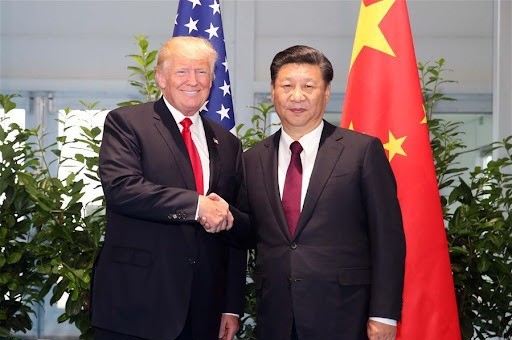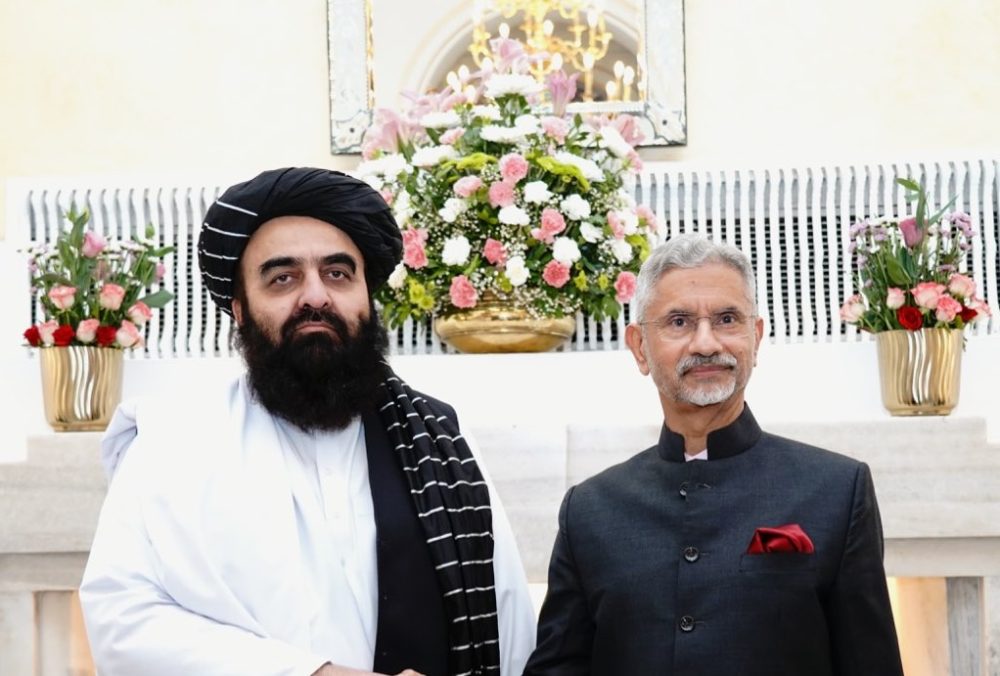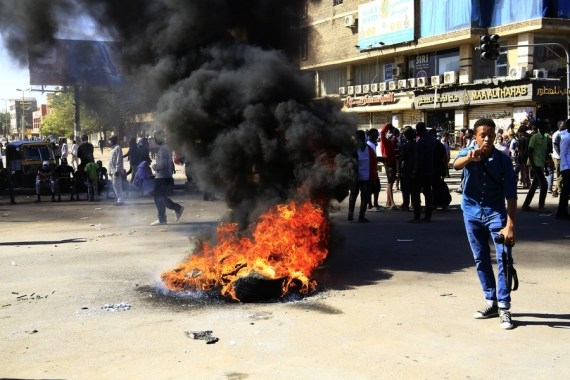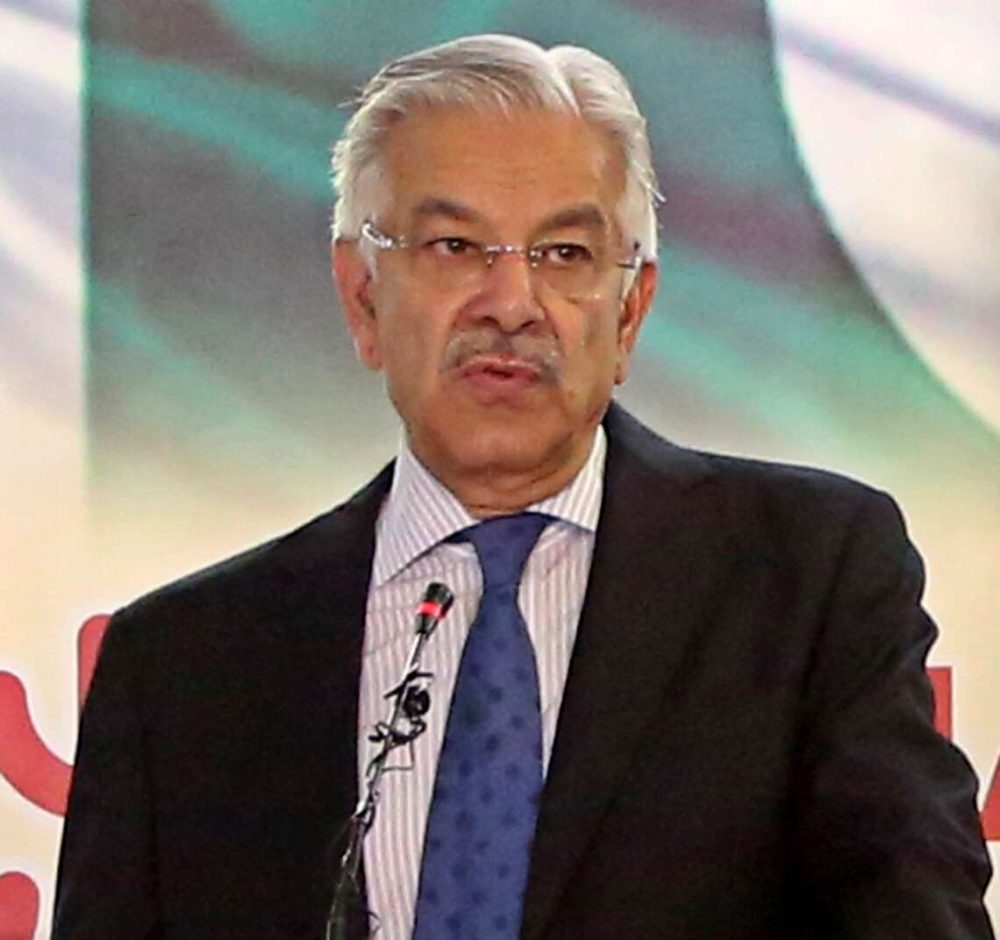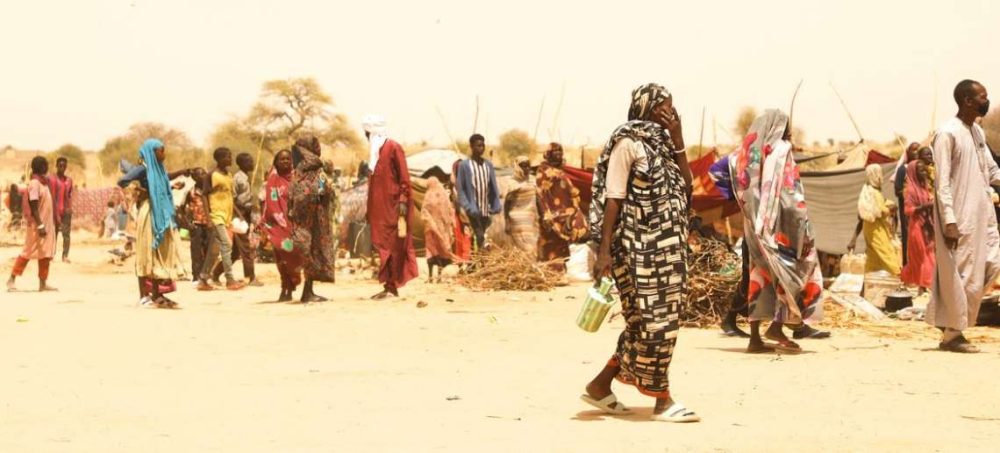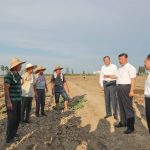Gao’s remarks gained widespread attention but were later censored, with the full speech taken down from the “Economist Book Club” WeChat account after it received complaints about violations…reports Asian Lite News
Internet censors have removed a viral speech by Gao Shanwen, a prominent Chinese economist, who warned that the lack of opportunities for young people is significantly hindering economic growth, which he claimed has been overstated in recent years, as per Radio Free Asia.
Speaking at an investor conference in Shenzhen, Gao, chief economist at SDIC Securities, highlighted that instead of pursuing promising careers and spending money in the economy, young people in China are cutting back and “turning off the lights and eating noodles,” a phrase used to describe those in financial distress due to failed investments Radio Free Asia reported.
Gao’s remarks gained widespread attention but were later censored, with the full speech taken down from the “Economist Book Club” WeChat account after it received complaints about violations. His speech contradicted the Chinese Communist Party’s narrative, promoted under Xi Jinping, that young people’s consumption would be the driving force of post-lockdown economic recovery.
However, many workers, both white-collar and blue-collar, have shared with Radio Free Asia that they are struggling financially, despite the optimistic portrayal of the economy in state media. Meanwhile, youth unemployment continues to soar, leaving millions of young people either unemployed, working low-wage delivery jobs, or resorting to a growing trend of “pretending to go to work,” as per Radio Free Asia.
Gao elaborated on his argument by noting that regions with younger populations have experienced poorer economic performance since the end of the zero-COVID policy in December 2022, compared to areas with older populations.
Gao pointed to recent economic data, which indicated that provinces with younger populations had slower consumption growth, while those with older populations saw faster growth. He described this finding as somewhat counterintuitive, summarizing it as: “vibrant older people, lifeless young people, and middle-aged people in despair.” Gao also cautioned that government economic growth figures likely did not accurately reflect the true economic situation in China since the real estate bubble burst three years ago.
He argued that if the economic models of countries that experienced similar property crashes were applied to China, the country’s economy should have contracted by at least 2 per cent, and possibly 3-4 per cent, in each of the last three years, though official data only showed a slowdown of 0.2 per cent points.
Gao claimed that GDP growth had been overestimated by 3 per cent points annually, totaling a 10 per cent point discrepancy, which he said corresponds to a loss of 47 million jobs in urban areas.
Gao warned that while many older people in China have pensions to rely on, young people are hardly contributing to the economy at all.
According to the report Gao explained that for the elderly, there would be no impact on their income, allowing them to enjoy their later years and continue activities like dancing in public spaces. In contrast, he pointed out that young people’s income expectations have been drastically lowered, and the certainty of future income growth has diminished significantly. Many young people struggle to find jobs, or when they do, the jobs are far from what they had hoped for.
He also noted that other economies typically take an average of nine years to recover from a property bubble collapse without government assistance, but only 3-4 years with adequate support. As a result, Gao called for further interest rate cuts and a general lowering of expectations for future economic growth. His warnings came as China’s leaders prepared to hold a two-day Central Economic Work Conference from December 11 to discuss economic development goals and stimulus plans for 2025, according to Radio Free Asia’s sources from media. (ANI)
ALSO READ: Indian Fintech Sees Job Boom



